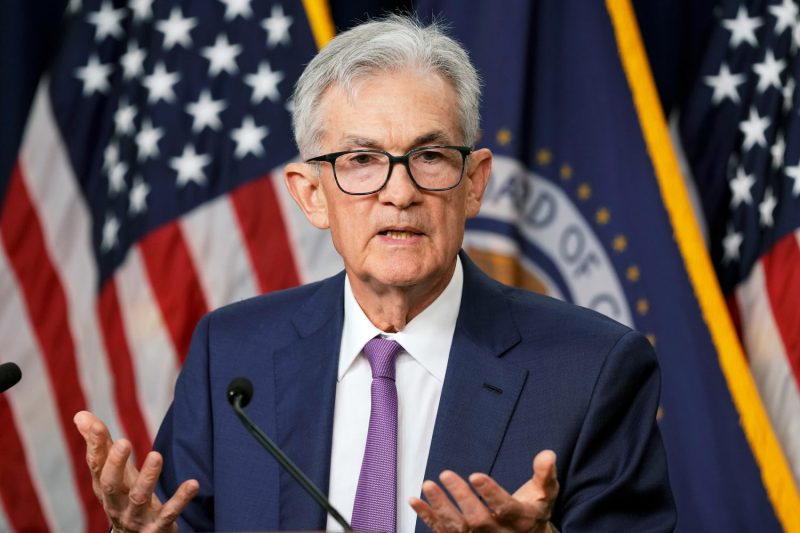In a recent announcement, Federal Reserve Chair Jerome Powell acknowledged that inflation has been higher than previously anticipated. This revelation has undoubtedly raised concerns among financial market participants and the general public alike. Powell’s statement comes at a time when the global economy is facing unprecedented challenges, and central banks are grappling with how best to navigate this uncertain terrain.
The implications of unexpectedly high inflation are far-reaching and complex. Rising prices erode purchasing power, leaving consumers with less disposable income to spend on goods and services. This, in turn, can lead to a decrease in consumer spending, which is a significant driver of economic growth. Businesses may also be forced to pass on higher production costs to consumers, further exacerbating inflationary pressures.
The Federal Reserve plays a crucial role in managing inflation through its control of interest rates. By raising interest rates, the Fed aims to curb inflation by making borrowing more expensive, which can help to dampen overall economic activity. Conversely, lowering interest rates can stimulate economic growth by making borrowing cheaper, but it may also exacerbate inflationary pressures.
Powell’s statement that rates are expected to hold steady indicates that the Fed may adopt a cautious approach to monetary policy in the near term. This decision reflects the Fed’s efforts to strike a delicate balance between supporting economic recovery and preventing runaway inflation. However, the path ahead is fraught with uncertainty, as the global economy continues to grapple with the ongoing impact of the COVID-19 pandemic and other geopolitical challenges.
Market participants will be closely watching future developments to gain insight into the Fed’s next steps. Any shift in monetary policy could have significant implications for financial markets, including stocks, bonds, and currencies. Investors will need to remain vigilant and adapt their strategies accordingly to navigate these uncertain times successfully.
In conclusion, Jerome Powell’s acknowledgment of higher than expected inflation underscores the challenges facing policymakers as they seek to manage the economy amidst unprecedented uncertainty. The Fed’s decision to keep interest rates steady suggests a cautious approach to monetary policy, but the road ahead remains uncertain. Market participants will need to stay informed and agile to navigate the dynamic landscape of today’s global economy effectively.

